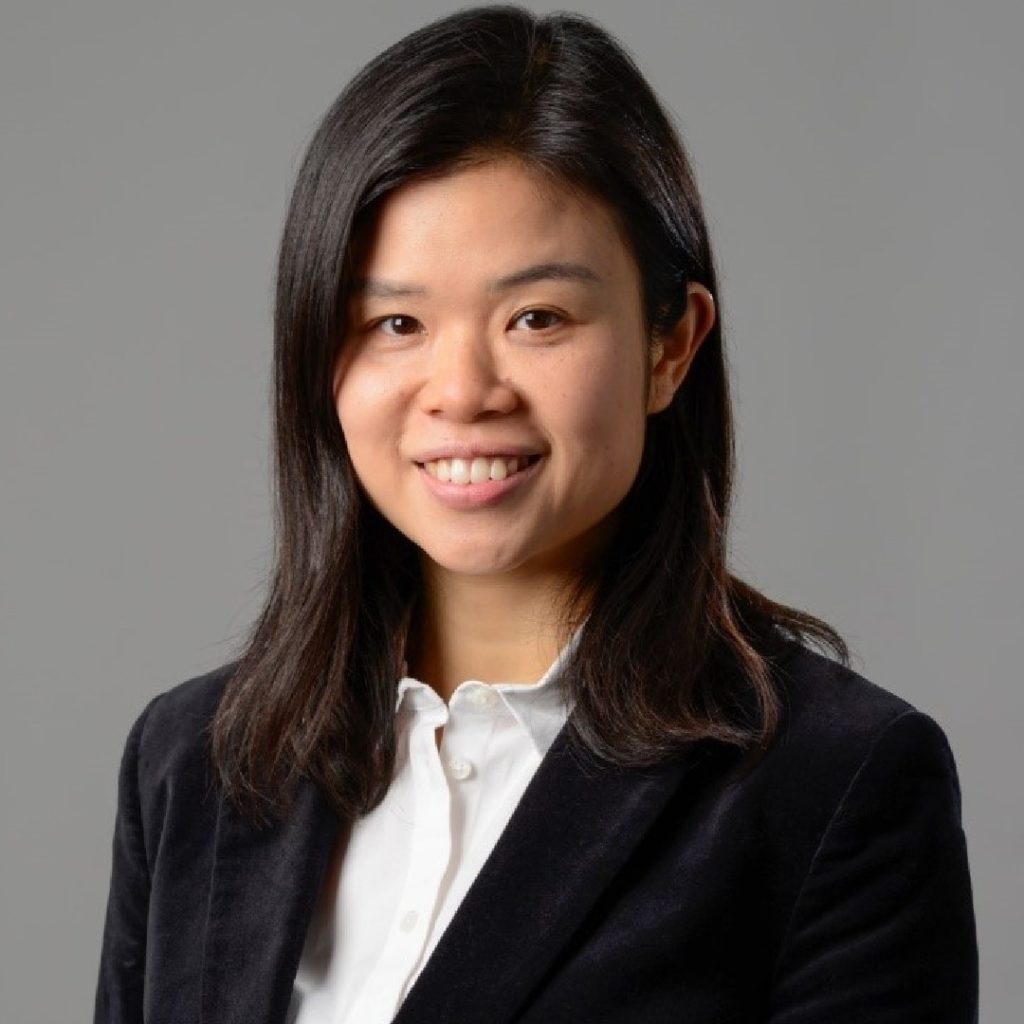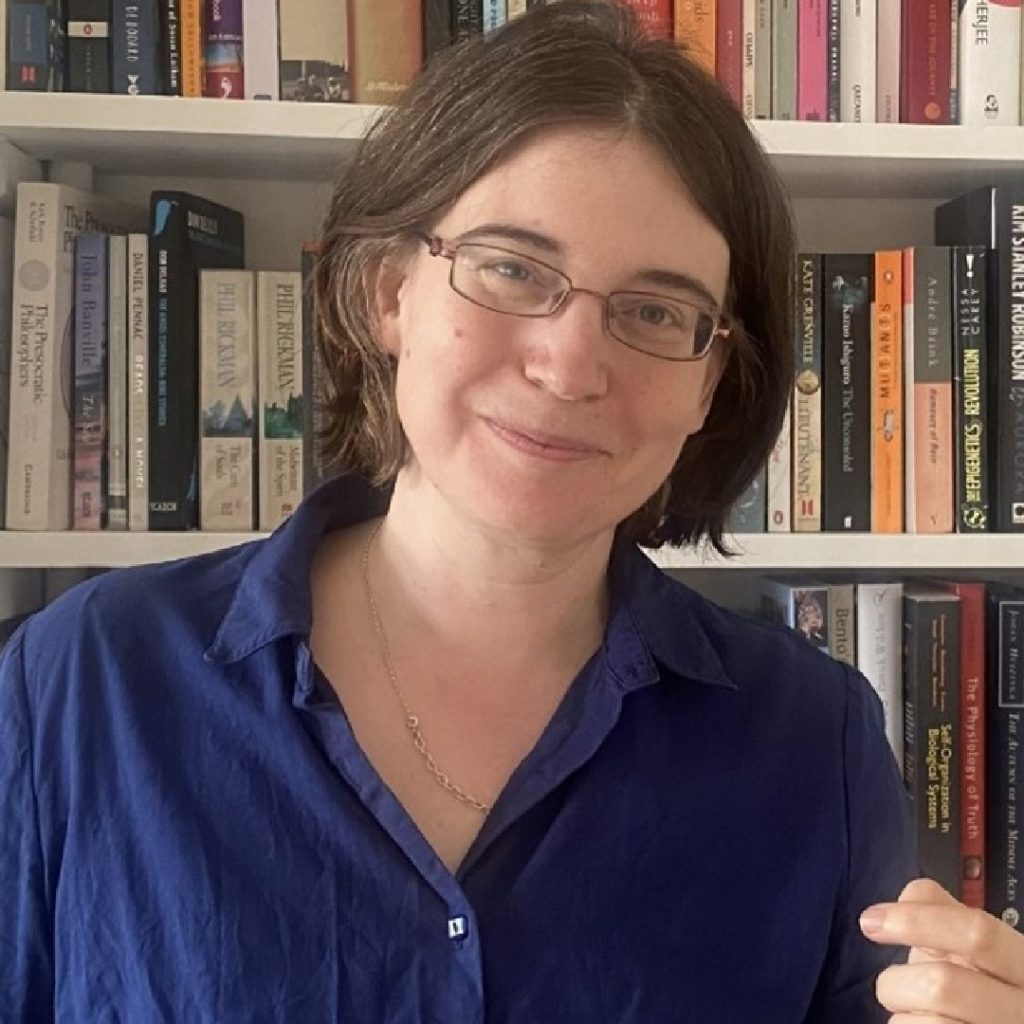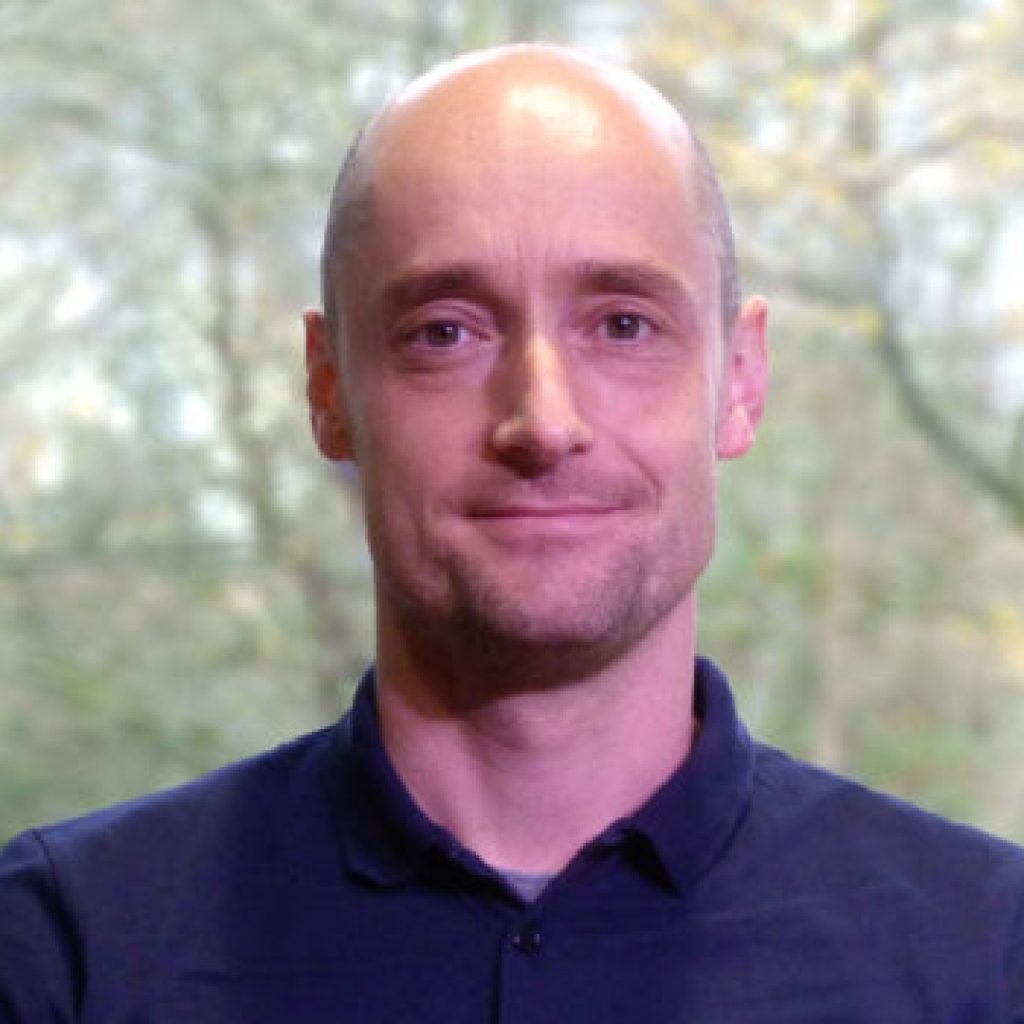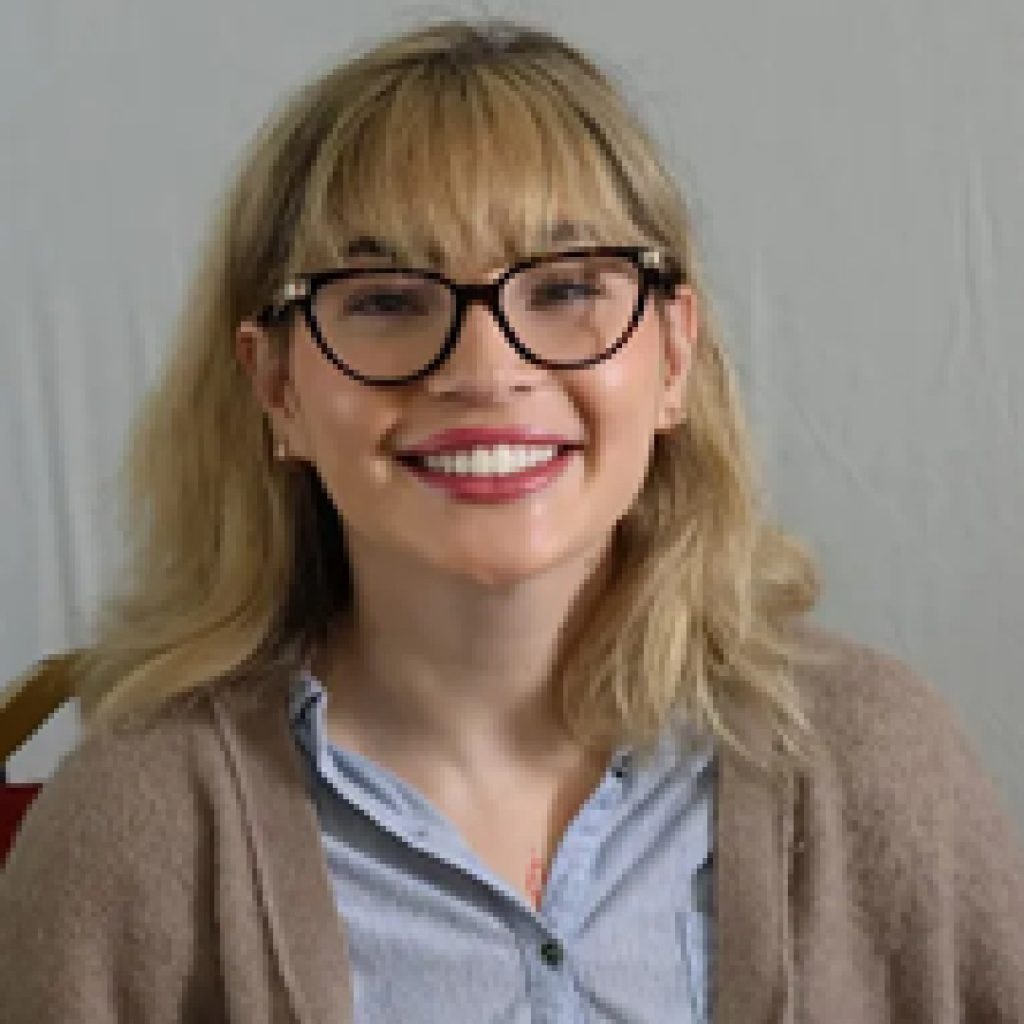Meet the team

Dr Dorothy Tse
Dementia and memory
I am interested in understanding the neurobiology of learning and memory, in particular, how different factors affect episodic, semantic and spatial memory. These different factors include emotion, novelty, prior knowledge, etc. I am also investigating different strategies to alleviate mild cognitive impairment and dementia symptoms.
Although our understanding has greatly improved in recent years, there are still many important things that we do not know, such as why we remember some events yet forget others, and how the brain encodes memories and subsequently transfers them to long term memories.
Previously, my colleagues and I found that new information can be assimilated into neocortical schemas very rapidly via systems consolidation. I am now investigating possible mechanisms underlying schema formation and how information is assimilated into a schema.
Are there any effective behavioural methods to delay memory decline, especially in early stages of dementia?
I am interested in looking into different therapeutic strategies to alleviate cognitive impairment and delay memory decline in dementia.

Dr Nicola van Rijsbergen
Emotional health, ageing and the social world
I studied Philosophy as an undergraduate at Cambridge, then completed an Msc in Cognitive Science at Edinburgh. I stayed on there to complete a PhD in what was then called ‘ Adaptive and Neural Computation, with Prof David Willshaw. I then moved to Trieste and worked on a variety of research projects in SISSA, before a long stint in the Psychology Department in Glasgow.
I have an extensive expertise in the cognitive neuroscience of social and emotional signals.
I have published leading journal articles on social cognition and ageing Current Biology; rated in external review.
What is like to not know the answer to the question ‘how do you feel?’ I’m currently interested in Emotion blindness (alexithymia), and the recognition of emotional states in the self and others. Also, what does it feel like to get older? Are emotions differently felt, and differently processed in the brains of older age people? I’m interested in connecting changes with age in neural activity as measured by something like EEG), and changes in subjective experience.
I am interested on methods such as EEG, eyetracking, Biopac (heartrate, GSR); interested in real time two person interaction and maybe fNIRS/EEG. Although my bias is towards quantitative neuroscience, I recently became convinced of the need for mixed approaches in research on neurodiverse conditions like alexithymia, and of the importance of taking to account lived, as well as laboratory experience.

Dr David Marchant
Physical activity and active mind
My research focuses on the psychology of movement, sport and exercise. In particular: the role of attention and motivation in motor skill learning and execution, psychological factors associated with force production and tolerance of exercise (e.g., deception, feedback, encouragement, mental fatigue, social and physical environment), and the relationship between physical exercise and cognition (e.g., decision making and memory).
I lead the undergraduate BSc (Hons) sports and exercise psychology programme across the Department of Sport and Physical Activity and the Department of Psychology.

Miss Cristina Varela Chacon
I finished my undergraduate studies in Psychology in Liverpool John Moores University. I grew a strong interest in cognitive neuroscience, specifically in the memory and dementia field of research.
I obtained my masters degree in Brain and Behaviour in Liverpool John Moores University and decided that I wanted to start a career as a researcher and hopefully complete a PhD in neuroscience focusing on dementia research.
I am currently working as a research assistant in Edge Hill University and I aspire to develop my own projects soon.
My research interests encompass dementia, memory and learning. I would also like to gain experience in methods such as EEG and MRI.
